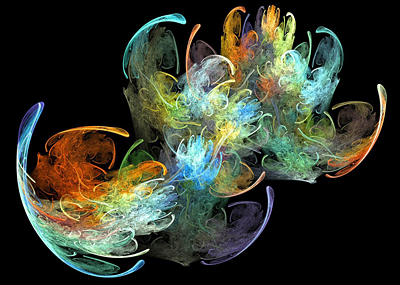The idea of mental illness as a biological entity is easy to refute. In 1988, Seymour S. Kety, M.D., Professor Emeritus of Neuroscience in Psychiatry, and Steven Matthysse, Ph.D., Associate Professor of Psychobiology, both of Harvard Medical School, said “an impartial reading of the recent literature does not provide the hoped-for clarification of the catecholamine hypotheses, nor does compelling evidence emerge for other biological differences that may characterize the brains of patients with mental disease.”
In 1992 a panel of experts assembled by the U.S. Congress Office of Technology Assessment concluded: “Many questions remain about the biology of mental disorders. In fact, research has yet to identify specific biological causes for any of these disorders. … Mental disorders are classified on the basis of symptoms because there are as yet no biological markers or laboratory tests for them.”
Columbia University psychiatry professor Jack M. Gorman, M.D., said “We really do not know what causes any psychiatric illness.” Another Columbia University psychiatry professor, Jerrold S. Maxmen, M.D., said “It is generally unrecognized that psychiatrists are the only medical specialists who treat disorders that, by definition, have no definitively known causes or cures. … A diagnosis should indicate the cause of a mental disorder, but as discussed later, since the etiologies of most mental disorders are unknown, current diagnostic systems can’t reflect them.” Psychiatrist Peter Breggin, M.D., said “there is no evidence that any of the common psychological or psychiatric disorders have a genetic or biological component.”

